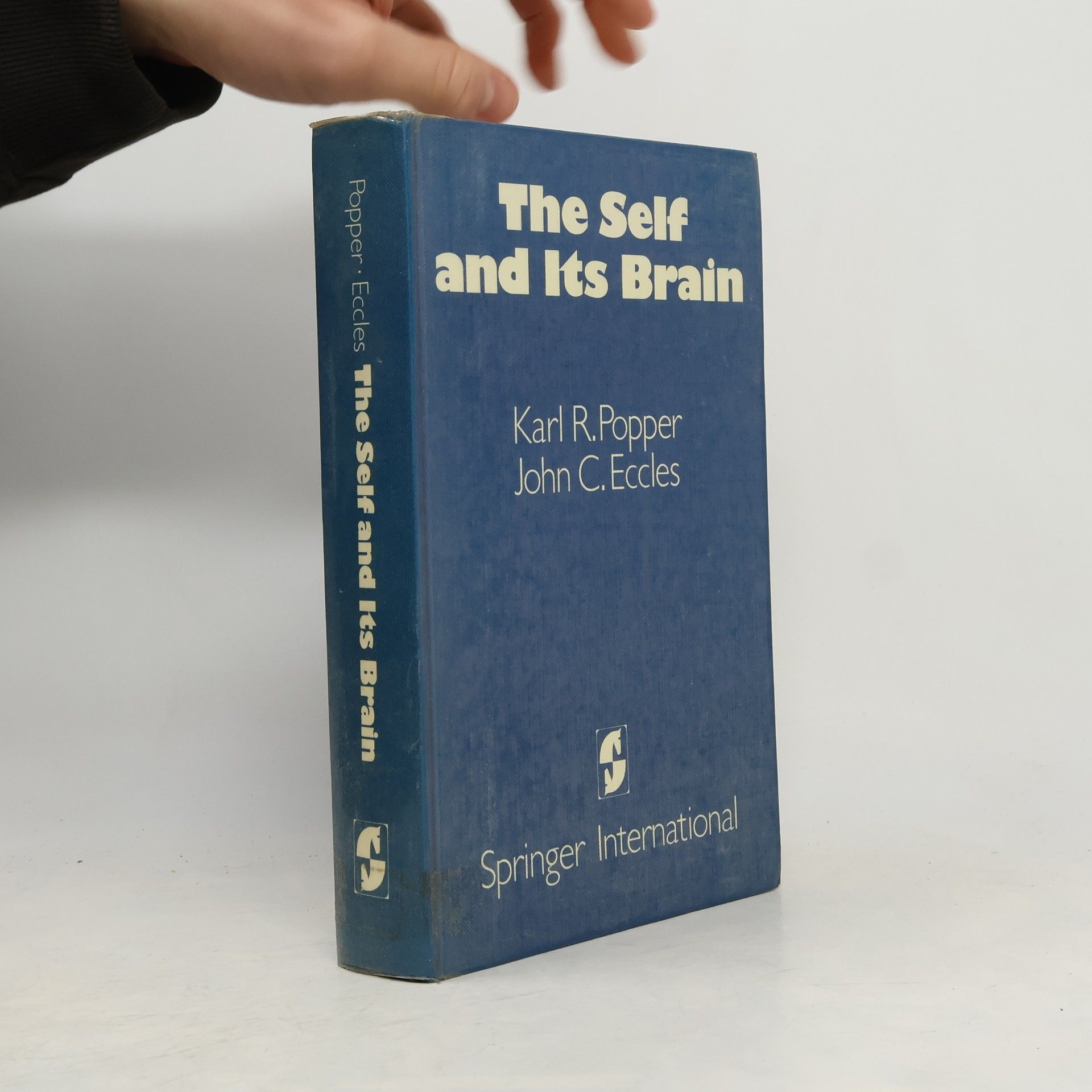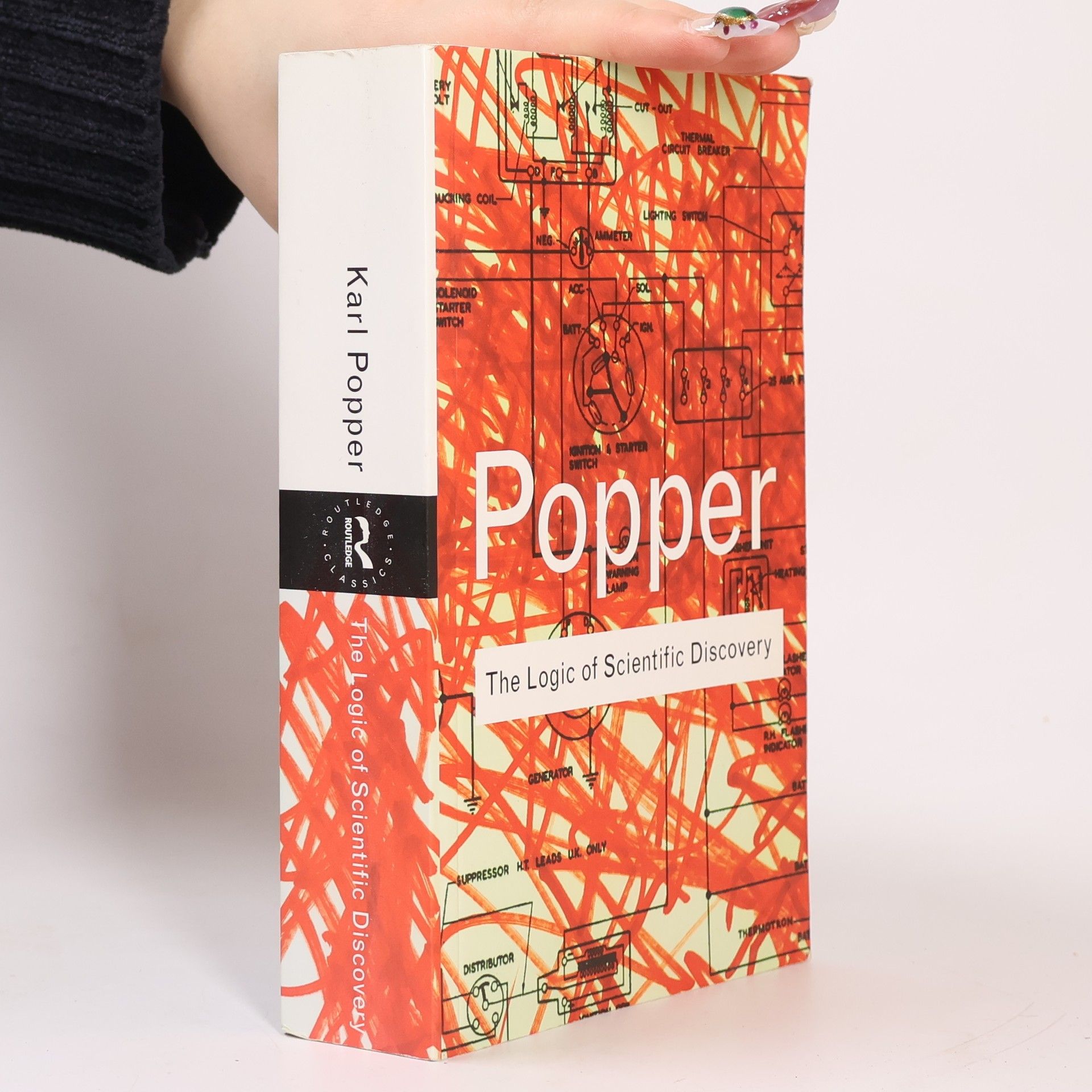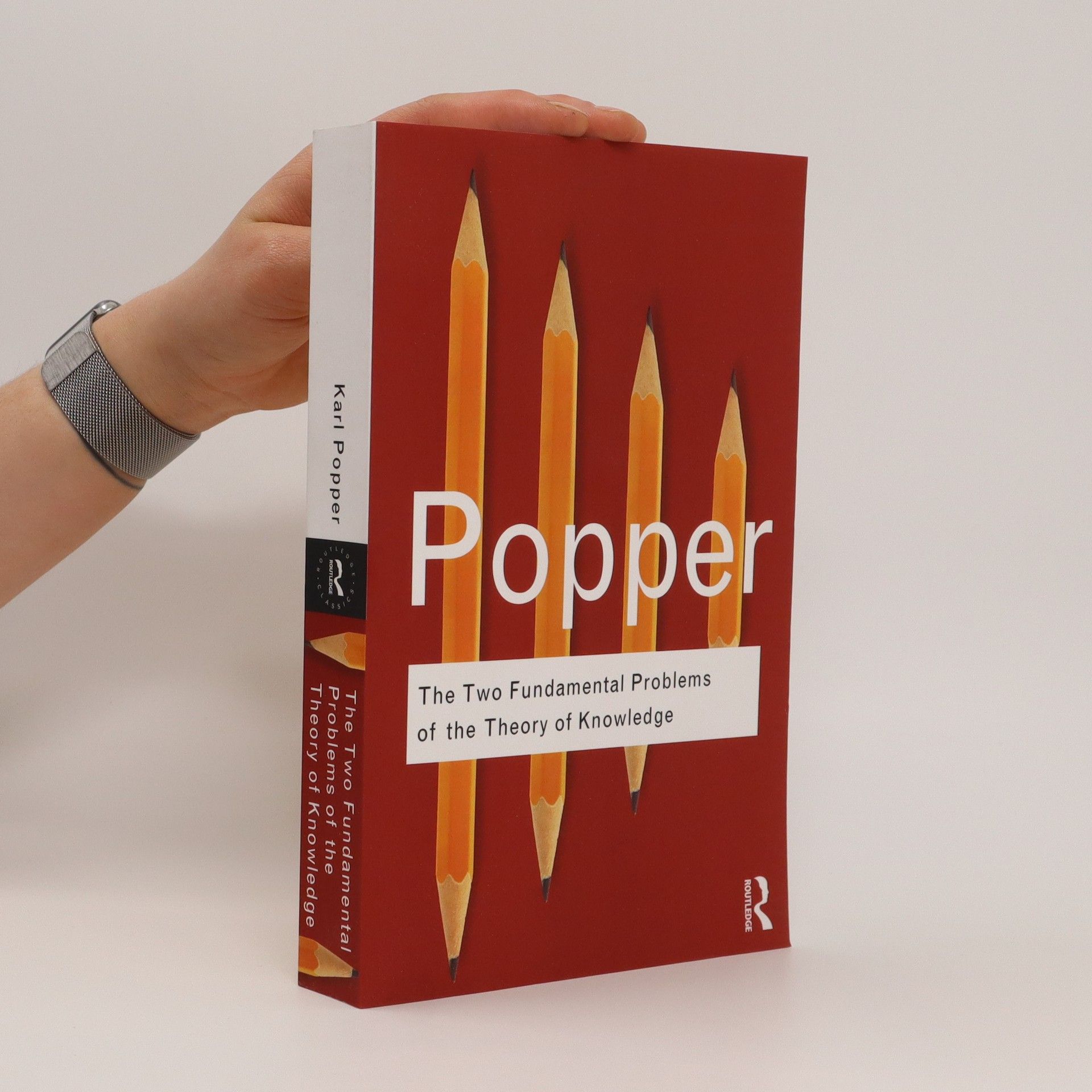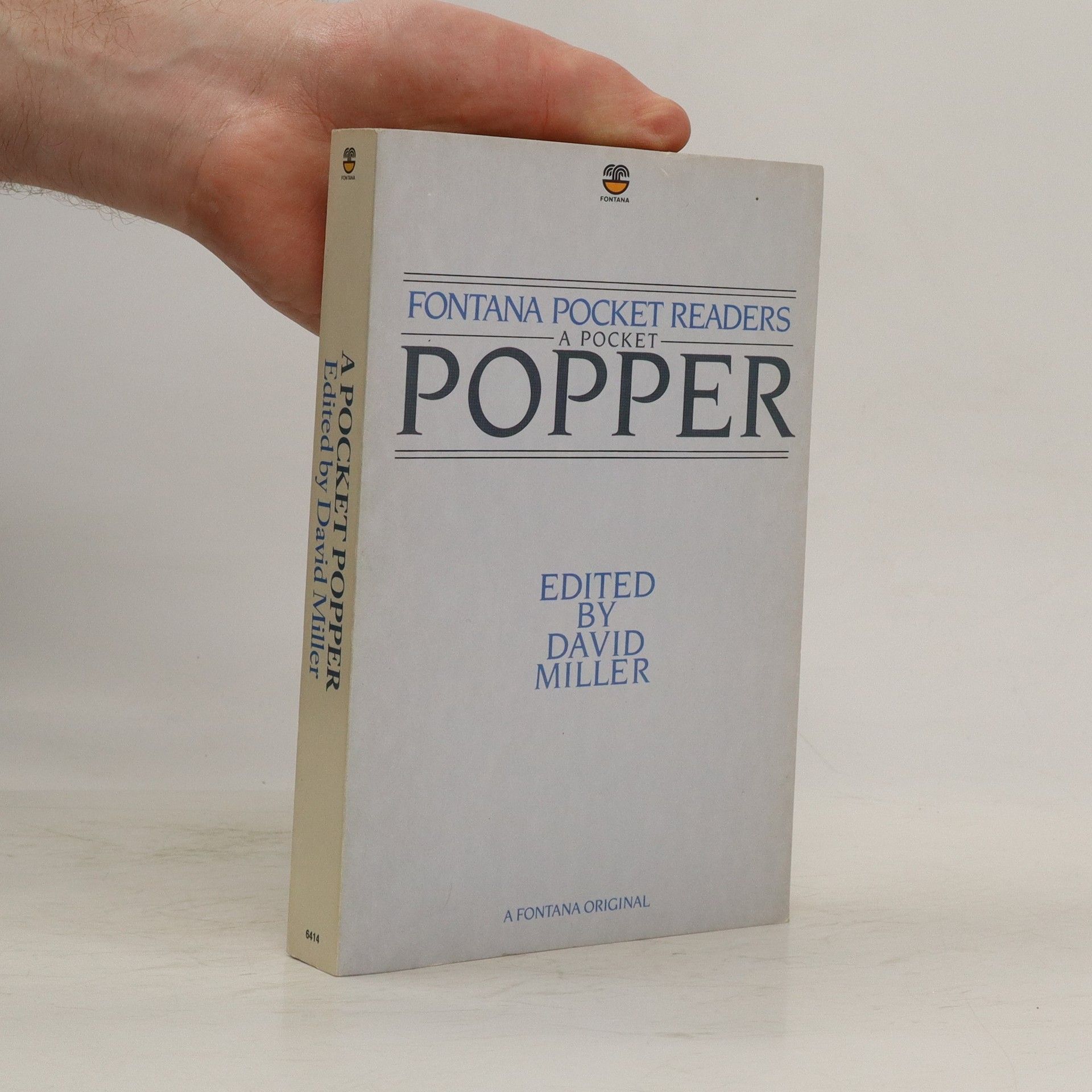In this long-awaited volume, Jeremy Shearmur collects the most important writings Popper made in the years after The Open Society was first published. Many are published here for the first time.
Karl R. Popper Livres
Karl Popper s'est imposé comme l'un des théoriciens les plus influents et les principaux philosophes, captivant des auditoires internationaux par sa rigueur intellectuelle. Son œuvre a exploré un vaste éventail de problèmes philosophiques, de la théorie politique à la méthode scientifique. Popper a notamment remis en question les orthodoxies établies telles que le positivisme logique et le marxisme, arguant que les théories scientifiques sont, en fin de compte, réfutables plutôt que vérifiables. Il a promu un éthos critique, soulignant l'acceptation de notre ignorance et l'importance vitale du débat ouvert dans la quête de la vérité.


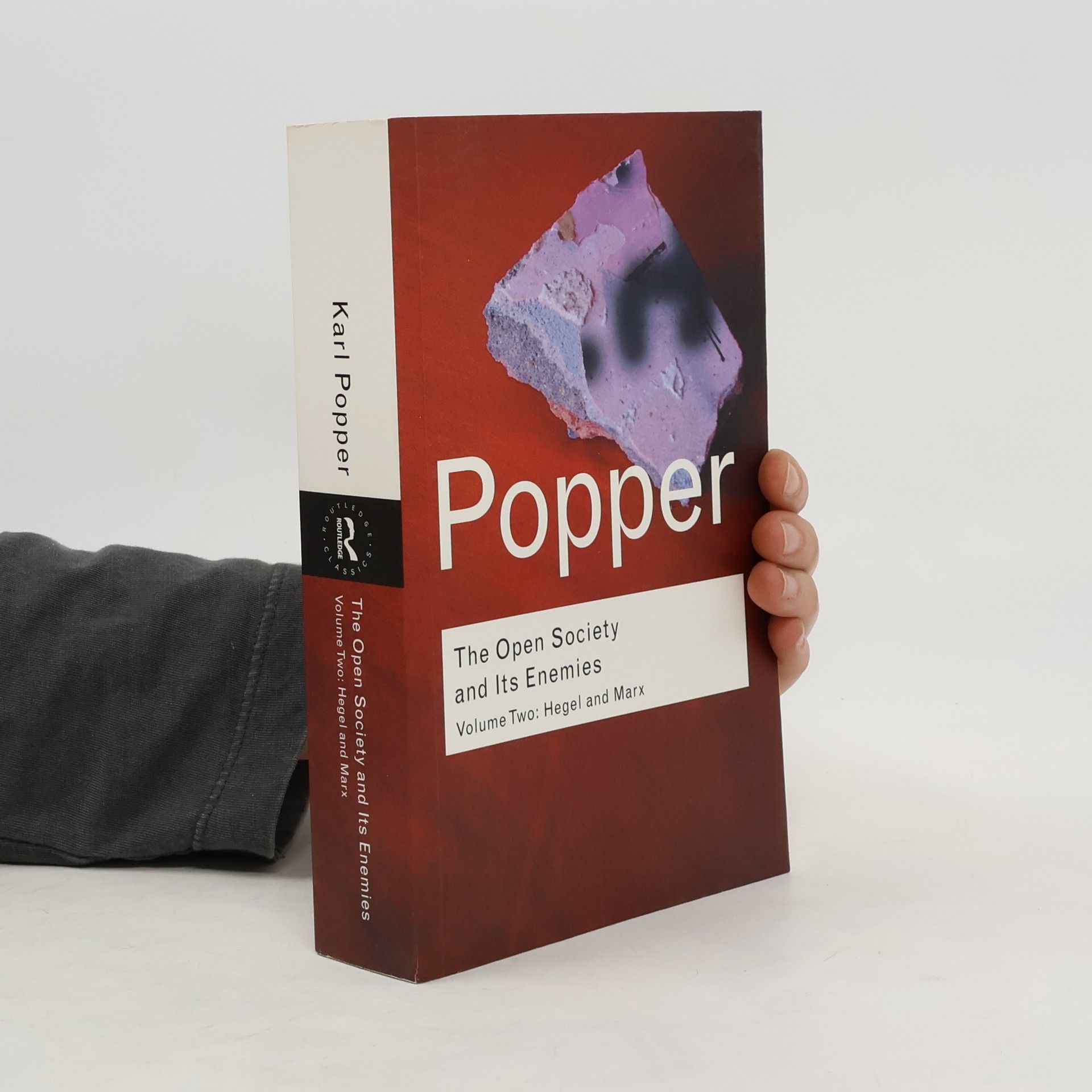
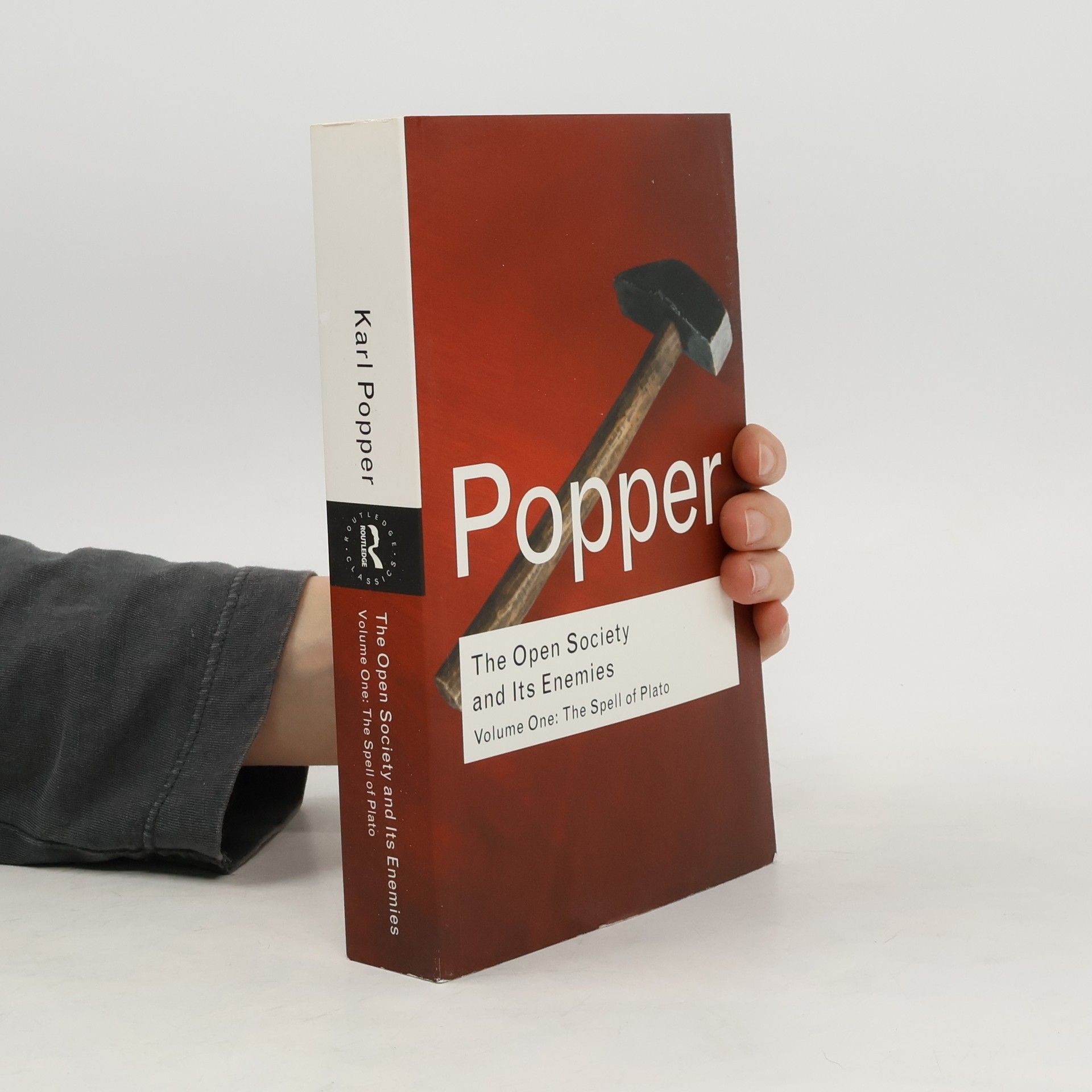



Quantum Theory and the Schism in Physics is one of the three volumes of Karl Popper's Postscript to the Logic of scientific Discovery . The Postscript is the culmination of Popper's work in the philosophy of physics and a new famous attack on subjectivist approaches to philosophy of science.
Conjectures and Refutations is one of Karl Popper's most wide-ranging and popular works, notable not only for its acute insight into the way scientific knowledge grows, but also for applying those insights to politics and to history. It provides one of the clearest and most accessible statements of the fundamental idea that guided his work: not only our knowledge, but our aims and our standards, grow through an unending process of trial and error.
The Open Society and Its Enemies. Vol.1
- 432pages
- 16 heures de lecture
Popper was born in 1902 to a Viennese family of Jewish origin. He taught in Austria until 1937, when he emigrated to New Zealand in anticipation of the Nazi annexation of Austria the following year, and he settled in England in 1949. Before the annexation, Popper had written mainly about the philosophy of science, but from 1938 until the end of the Second World War he focused his energies on political philosophy, seeking to diagnose the intellectual origins of German and Soviet totalitarianism. The Open Society and Its Enemies was the result. In the book, Popper condemned Plato, Marx, and Hegel as "holists" and "historicists"--a holist, according to Popper, believes that individuals are formed entirely by their social groups; historicists believe that social groups evolve according to internal principles that it is the intellectual's task to uncover. Popper, by contrast, held that social affairs are unpredictable, and argued vehemently against social engineering. He also sought to shift the focus of political philosophy away from questions about who ought to rule toward questions about how to minimize the damage done by the powerful. The book was an immediate sensation, and--though it has long been criticized for its portrayals of Plato, Marx, and Hegel--it has remained a landmark on the left and right alike for its defense of freedom and the spirit of critical inquiry.
The Open Society and its Enemies
- 480pages
- 17 heures de lecture
First published in 1945 and never out of print, this is the second volume of one of the most famous and influential works of the twentieth century.
Knowledge and the Body-Mind Problem
- 168pages
- 6 heures de lecture
Based upon the Kenan Lectures that Popper delivered in 1969, this volume raises problems connected with human freedom, creativity, rationality, and the relationship between human beings and their actions.
Distinguished philosopher Karl Popper and Nobel prize-winning neuroscientist Sir John Eccles argue the case for a highly distinctive view of the relation of mind and body.
The Logic of Scientific Discovery
- 544pages
- 20 heures de lecture
When first published in 1959, this book revolutionized contemporary thinking about science and knowledge. It remains one of the most widely read books about science to come out of the 20th century.
In a letter of 1932, Karl Popper described Die beiden Grundprobleme der Erkenntnistheorie – The Two Fundamental Problems of the Theory of Knowledge– as ‘…a child of crises, above all of …the crisis of physics.’ Finally available in English, it is a major contribution to the philosophy of science, epistemology and twentieth century philosophy generally. The two fundamental problems of knowledge that lie at the centre of the book are the problem of induction, that although we are able to observe only a limited number of particular events, science nevertheless advances unrestricted universal statements; and the problem of demarcation, which asks for a separating line between empirical science and non-science. Popper seeks to solve these two basic problems with his celebrated theory of falsifiability, arguing that the inferences made in science are not inductive but deductive; science does not start with observations and proceed to generalise them but with problems, which it attacks with bold conjectures. The Two Fundamental Problems of the Theory of Knowledgeis essential reading for anyone interested in Karl Popper, in the history and philosophy of science, and in the methods and theories of science itself.
A pocket Popper
- 480pages
- 17 heures de lecture
One of the most controversial of twentieth-century philosophers, especially for his devastating criticisms of Plato and Marx and for his uncompromising rejection of inductive reasoning, Sir Karl Popper relentlessly challenged both the authority and the appeal to authority of the most fashionable philosophies of our time. His own philosophy of critical rationalism is distinctive in its emphasis on the way in which we learn through the making and correcting of mistakes-on the role played by imagination in proposing new possibilities, and by reason in exposing and eliminating the errors among them. David Miller, once Popper's research assistant and now a leading expositor and critic of his work, has chosen thirty excerpts from Popper's non-technical writings in the theory of knowledge, the philosophy of science, metaphysics, and social philosophy. Together they illustrate the breadth, profundity, and originality of Sir Karl's contribution to human learning.
